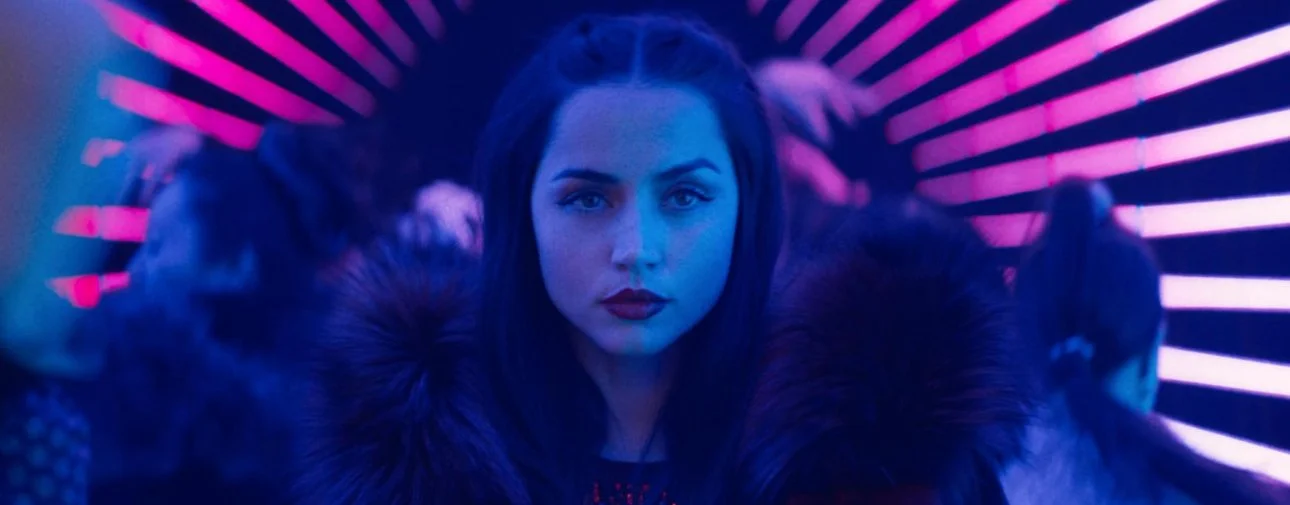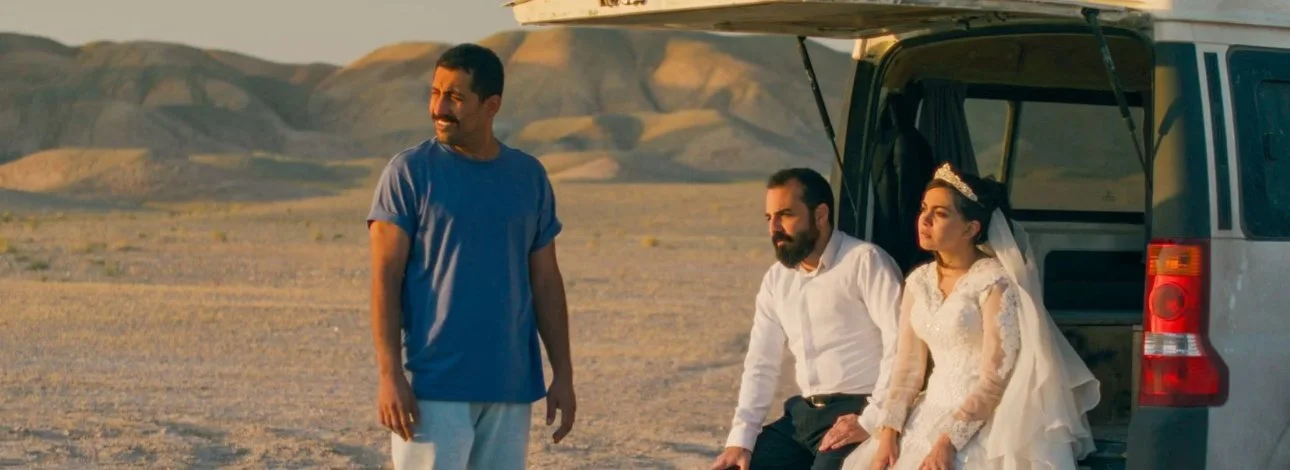Jean-Pierre and Luc Dardenne are the most influential European filmmakers of the last 20 years. Their social-realist handheld camera style has become a sort of cliché for the Euro arthouse world, but why complain that the developers of a certain style of filmmaking cannot continue making such films? If their last effort, 2016’s "The Unknown Girl," felt a little off, "Young Ahmed" is no doubt a unique film in their cinematic oeuvre because it tackles a controversial character that feels relevant to 21st century realities.
According to a source close to the Cannes committee, the Alejandro Gonzalez Inarritu-led jury almost awarded “Young Ahmed” the Palme D’or; “the Palme was the Dardennes to lose and then “Parasite” screened” they said. With just three days left in the competition, the screening of eventual Palme winner, Bong Joon-ho’s “Parasite,” complicated things for Inarritu’s jury and eventually led to their awarding the South Korean film the Palme and the Dardennes sharing the Best Director prize.
The Dardennes have already won two Palmes in their career (“Rosetta” and “L’Enfant”), not to mention Best Screenplay (“Lorna’s Silence”), and the Grand Prix (“The Kid With A Bike”), so one might understand why Inarritu’s jury would decide to reward Bong, who had never won anything at Cannes before this weekend.
I was frustrated at the reaction “Young Ahmed” received from critics. In my review for the film last week, I wrote:
“A film filled with tense moments that very much feels organic and attuned to the rest of their filmography. “Young Ahmed” will no doubt cause a stir, and it already has if you’ve read some of the reviews that were just published amid its Cannes premiere yesterday, but don’t be fooled by the political biases of some, this is top-notch work from the Dardennes, filled with their usual bired’s-eye-view camerawork, solid acting from nonprofessionals and a searing screenplay which builds up the tension with every scene.”




